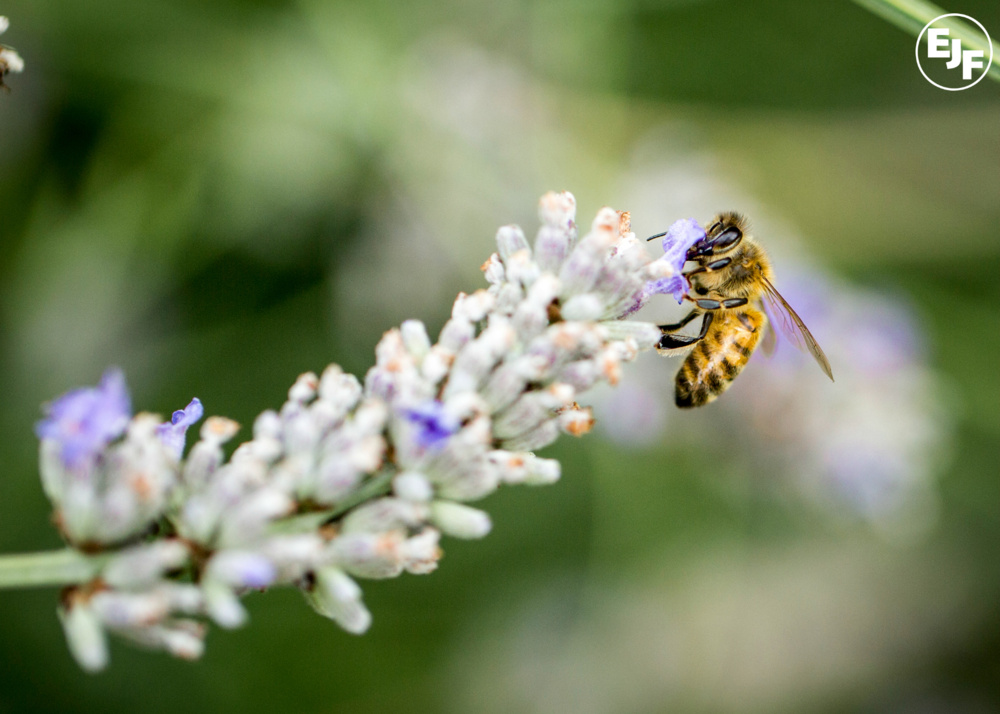
A Bee Beacon: Wales leads the way in pollinator protection
The Welsh Minister for National Resources and Food, Alun Davies AM, has officially launched the Action Plan for Pollinators, marking the start of an initiative dedicated to saving flagging pollinator populations.
The launch took place at the Royal Welsh Show, which saw record-breaking attendance this year, ensuring thousands of agriculturalists and members of the public alike could hear the Minister’s high hopes for the future of Welsh pollinators:
“This plan not only signals my intent to reduce and reverse the decline of pollinators in Wales, but is another step towards protecting our wildlife so we can continue to enjoy clean air and water, beautiful landscapes and vibrant food and tourism industries for many years to come.” Alun Davies, 2013
The action plan, published online earlier this month details the important ecosystem services provided by both managed and wild honey bees, bumble bees and other insect pollinators as well as suggested causes for their falling population including; disease, habitat destruction, climate change, agro-chemicals and land-use intensification.
The plan describes how Wales will take steps to achieve their aim of “slowing and reversing the decline of pollinator numbers here in Wales” (Alun Davies). An Agenda for Action, along with an Implementation Plan, shows how the Pollinators Taskforce Group (a collaboration of the Welsh Government and Wales Biodiversity Partnership), will work to provide new research-based evidence, better connected flower-rich habitats, healthier pollinator populations and raised public awareness of the issues at hand.
EJF applauds the leadership shown by Wales and urges the rest of the UK to act swiftly on the recent government pledge to introduce a National Pollinator Strategy, as the implementation of pollinator friendly plans nationwide, is key to providing the more connected, and less fragmented habitats that our busy workers require.
Despite the EU-wide ban on neonicotinoid pesticides passed earlier this year, other national governments need to provide evidence that they will do more to reduce other risk factors for bees, including wildflower loss.
EJF is taking steps to protect bees by campaigning to raise awareness of their plight, investing in a woodland area with a new “Woodland Project”, and bringing both projects together at the BIG TREE little bees, London pop up shop near Carnaby street.
SIGN UP FOR OUR EMAILS AND STAY UP TO DATE WITH EJF